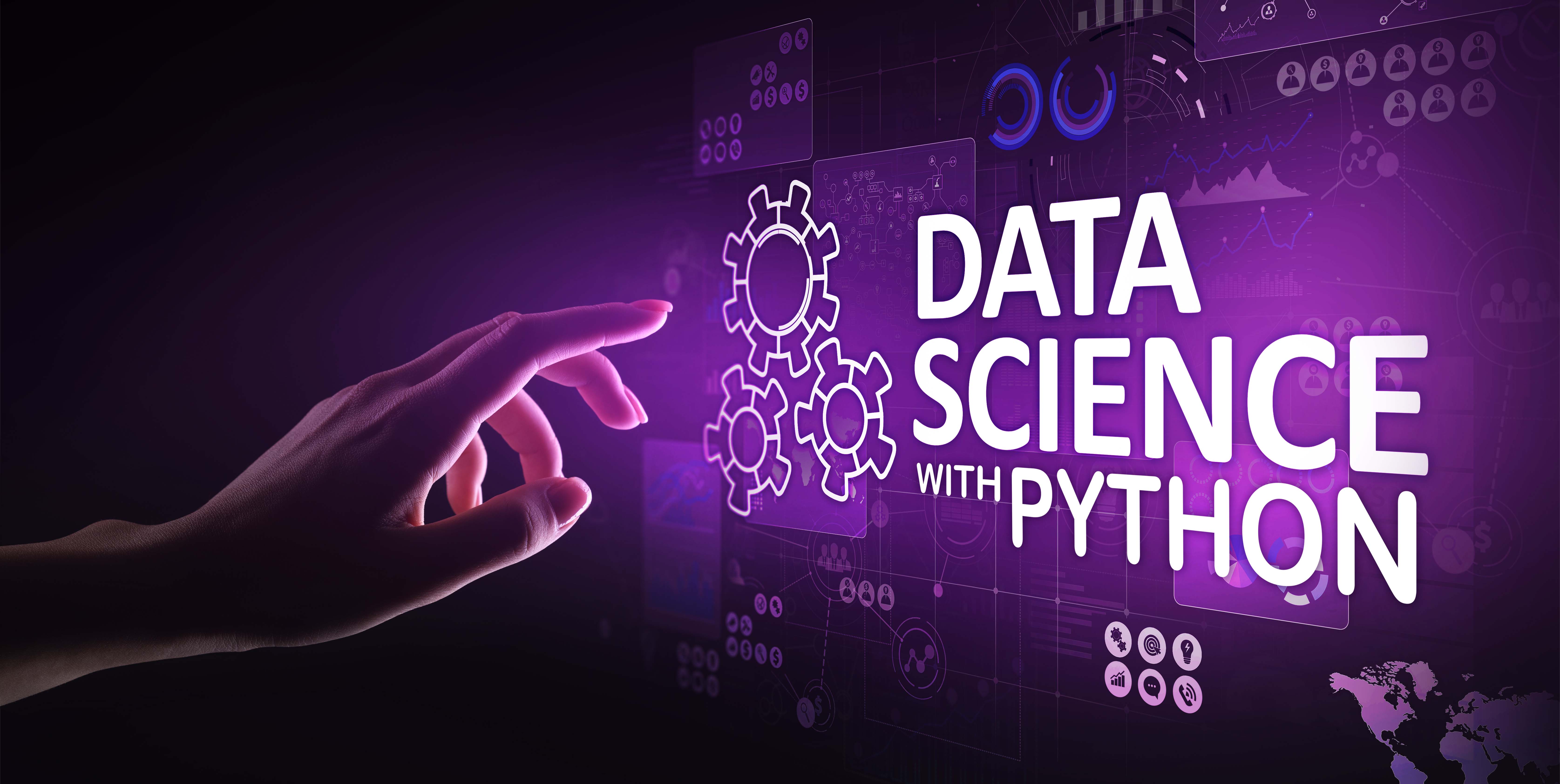DATA SCIENCE WITH PYTHON
Data Science with Python leverages the Python programming language to analyze and interpret data. Known for its simplicity and versatility, Python offers powerful libraries like NumPy for numerical operations, Pandas for data manipulation, and Matplotlib and Seaborn for visualization. The process begins with data collection and cleaning to ensure quality. Exploratory Data Analysis (EDA) uses statistical methods and visual tools to uncover patterns and insights. Machine learning, powered by libraries such as Scikit-Learn, enables predictive modeling through techniques like classification and clustering. Advanced topics include Natural Language Processing (NLP) for text analysis and time series forecasting. Python's extensive ecosystem and active community make it a popular choice for data science, applicable across fields like finance, healthcare, and business intelligence. Its ability to transform raw data into actionable insights drives informed decision-making and innovation.
Overview
- Classes 40
- Duration 40 hours
- Skill level Beginners to Advance
- Mode Bengali/Hindi
- Students 10-15
- Assessments Yes
Course Description
This course provides a comprehensive introduction to data science using Python. Students will learn to handle, analyze, and visualize data, build predictive models, and gain insights from data. The course combines theoretical concepts with practical skills and real-world applications.
Certification
ISO MSME Certified Government Registered
Materials
- Software Installation
- Study Materials
SYLLABUS
-
1. Introduction to Data Science
-
Lesson 1. Overview of Data Science and Python.
-
Lesson 2. Setting up Python for Data Science.
-
Lesson 3. Key Python Libraries: NumPy, Pandas, Matplotlib, Seaborn.
-
Lesson 4. Jupyter Notebooks for Data Analysis.
-
Lesson 5. Data Collection, Cleaning, and Preparation with Python
-
-
2. Exploratory Data Analysis (EDA)
-
Lesson 1. Introduction to Exploratory Data Analysis and its Importance
-
Lesson 2. Data Visualization Techniques with Matplotlib and Seaborn
-
Lesson 3. Summary Statistics and Understanding Data Distribution
-
Lesson 4. Handling Missing Values, Outliers, and Data Imputation Techniques
-
-
3. Machine Learning Basics
-
Lesson 1. Introduction to Machine Learning and Scikit-Learn.
-
Lesson 2. Supervised vs. Unsupervised Learning.
-
Lesson 3. Regression Algorithms: Linear and Polynomial.
-
Lesson 4. Classification Algorithms: Logistic Regression, Decision Trees.
-
Lesson 5. Model Evaluation and Validation.
-
-
4. Advanced Data Science Techniques
-
Lesson 1. Time Series Analysis.
-
Lesson 2. Natural Language Processing (NLP).
-
Lesson 3. Clustering Algorithms: K-Means, Hierarchical Clustering.
-
Lesson 4. Dimensionality Reduction Techniques: PCA.
-
-
5. Practical Applications and Projects
-
Lesson 1. Real-world Data Science Projects.
-
Lesson 2. Building and Deploying Data Science Models.
-
Lesson 3. Case Studies and Hands-on Exercises.
-

